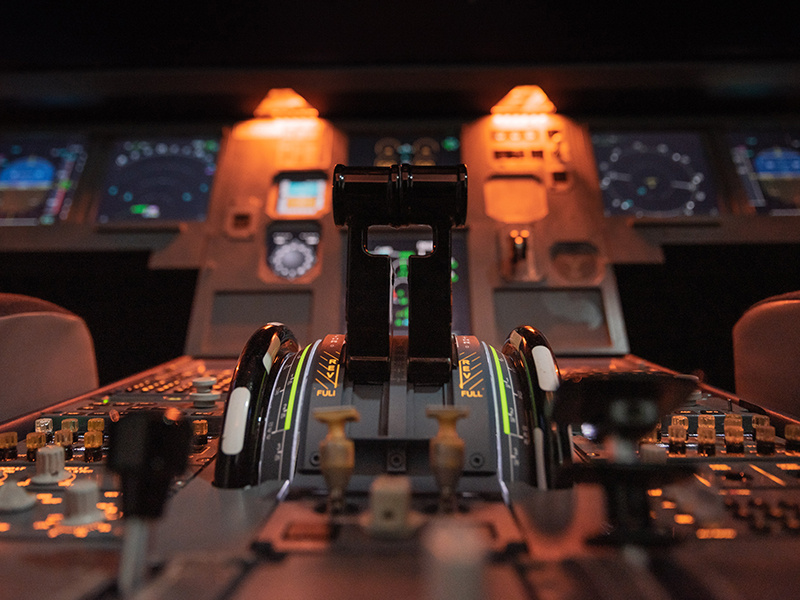


Today’s planes are more complex and their systems grow more complicated. Pilots, engineers, and aircraft technicians need to be more meticulous as the smallest mistake or oversight can yield catastrophic results. We see in the news many incidents of planes crashing or going missing and these can be attributed to a number of causes including aircraft decompression, engine failure, pilot error, terrorism, and electrical failure.
When we think about aircraft safety, the first people who come to mind are pilots as they are responsible for maneuvering the plane. Little do we know that one of the most important people responsible for our lives during a flight are working on the ground. Enter avionics technicians.
Avionics focuses on all electrical systems within an aircraft. The term avionics is a conjunction of aviation and electronics. According to Sokanu, an online career platform, an avionics technician is a specialist who oversees all electronics aboard an aircraft as well as the wiring that connects to the electrical system. It also said that the job requires high attention to detail as well as a commitment to quality workmanship because these technicians work on flight-critical systems that impact passenger and crew safety.
Aside from the pilot, avionics technicians also handle the insides of a cockpit. They operate and run up the aircraft, navigate and test all the equipment. Avionics technicians are responsible for the initial checking of an aircraft, and they make sure all systems and flight controls are working perfectly before pilots come in.
How are avionics technicians different from aircraft mechanics?
Compared to aircraft mechanics who also perform repairs and scheduled maintenance on an aircraft, avionics technicians have specific responsibilities limited to the electrical equipment inside the aircraft. Avionics technicians have a chance to modify electrical systems and are not just concentrated in repair and maintenance. All genders are welcome in this career as it requires extensive system and troubleshooting know-how.
WCC Aviation’s Avionics program is a combination of theory and actual application. According to Joey Aldridge Almanza, Avionics Technology Dean and Avionics Specialist in the WCC Repair Station, compared with other aeronautical schools, first year students of the program are out in the field learning the insides of an aircraft. WCC’s Repair Station has many aircraft on ground, or aircraft which are no longer for flying, from which students can install and remove parts as part of their study. Almanza says the program has longer laboratories than lectures so students have a more practical grasp of the courses. The Avionics Dean makes sure classes are interactive and students have all the equipment they need.
For those who think a degree in Avionics is too limiting, Almanza begs to differ. In fact, apart from aircraft servicing, graduates of Avionics have many career opportunities outside aviation. They can enter the field of telecommunications, for example. WCC’s Avionics program exposes students to aircraft navigation as well as radio communication. For those looking to get a career out of the airline business, they can acquire NTC licenses and work in AM or FM broadcasting or even television stations.
So if you have a knack for tinkering with machines and electrical systems, why not consider studying Avionics and getting a career in aviation?
The information contained in this website is for general information purposes only.
While WCC Aviation Company endeavors to keep the information up to date and correct, we make no representations or warranties of any kind, express or implied, about the completeness, accuracy, reliability, suitability or availability with respect to information published in this website.
Click here to read the Privacy Statement in full